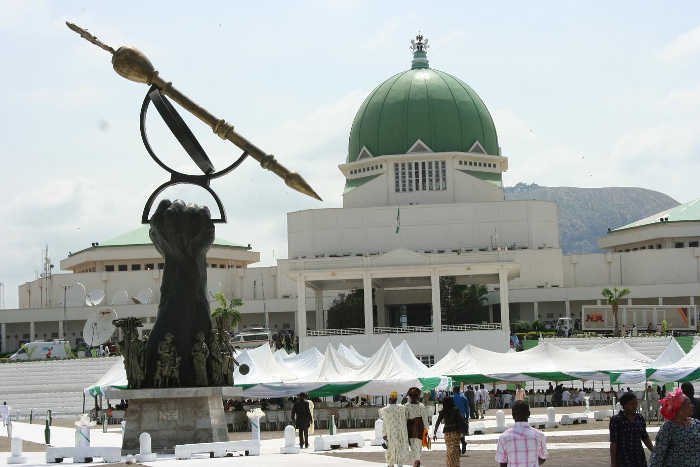Livinus Acholonu, a broadcast industry expert, has said the Digital Switch Over is an attempt to set up a private pay television service with government money.
The expert, who said this in an opinion published on Tuesday, said the adopted architecture for the DSO is one that is at variance with the cardinal principles of the switch over, which is to convert analogue Free-to-Air TV services to digital and not to create a pay television service. He added that the Minister of Information and Culture, Lai Mohammed, and his adviser, who are of the same political root, may capture the digital broadcast infrastructure for their electoral campaigns ahead of the 2023 general election.
“Starting from last year’s controversial Broadcasting Code Amendment, which has continued to draw heavy criticisms from industry players, including the NBC Board, for its lack of stakeholder input and rush to pass through such a major industry code amendments to the recent ministerial directive for StarTimes and GOtv to handover their digital infrastructure to the fledgling Free TV platform, which currently has very limited service in only six states, there are valid grounds to suspect that there is a design to capture the broadcasting regulator for political objectives.
“The Minister’s regulatory capture strategy, as widely believed within the industry, is the brainchild of the promoter of a failed pay television venture, who is deemed as his de facto special adviser. The failed pay TV promoter, who is close to Mohammed’s political benefactor, is a member of the Ministerial Task Force on the DSO and he is in charge of Free TV, NBC’s vehicle for delivering DSO; the middleware company providing conditional access to DSO as well as that of the one providing video-on-demand service on the DSO platform.
“Effectively, these put him in control of the national television system by virtue of his position in Free TV, which has pay television service written all over it,” Achlonu opined.
“It is important to note that the simple objective of the DSO is to convert analogue Free-to-Air TV services to digital, not to create a pay television service. The adopted architecture for the DSO is one that is at variance with the cardinal principle of DSO and has the appearance of an attempt to use government funds and infrastructure to set up a private pay television service.”
Acholonu also said the DSO lacks a legal framework as the National Assembly Ad hoc Committee has said their is no effective legislative framework guiding it. He added that the absence of a legislative framework also makes it difficult to track funds spent on the first stage of the DSO in the six pilot states. He also Mohammed’s takeover of the financial mandate for the DSO is seen as an over-reach by other industry experts. He added that this may lead to the mismanagement of the N9.4 billion approved by government for the DSO.
“As it stands now, the entire process is fraught with mis-steps, lack of industry buy-in and opacity, leading many to suspect other motives in addition to the political. Like many others familiar with the process and the N2.5billion corruption scandal that blew an NBC Director-General out office, via suspension, and into the prosecutorial hands of the Independent Corrupt Practices Commission (ICPC), I am worried that the N9.4billion recently approved for outstanding payments to service providers such as signal distributors may be mishandled, leading to a derailment of the programme.
“The Minister’s takeover of the financial mandate for the DSO is viewed by many industry stakeholders as ministerial over-reach, with a potential for avaricious conduct that could derail the DSO programme. The DSO, as currently constituted, has the look of a disaster-in-waiting because of its hijack by the Ministry of Information and Culture, which has no institutional memory/data on the DSO project. Despite the promise to switch on Lagos on 30 October, companies being owed for years of services provided have continued to provide platforms, but are unsure of being paid, as the ministry’s plans appears to be the creation of ancillary but unnecessary services that will gobble up the money released by the Federal Government,” he said.











